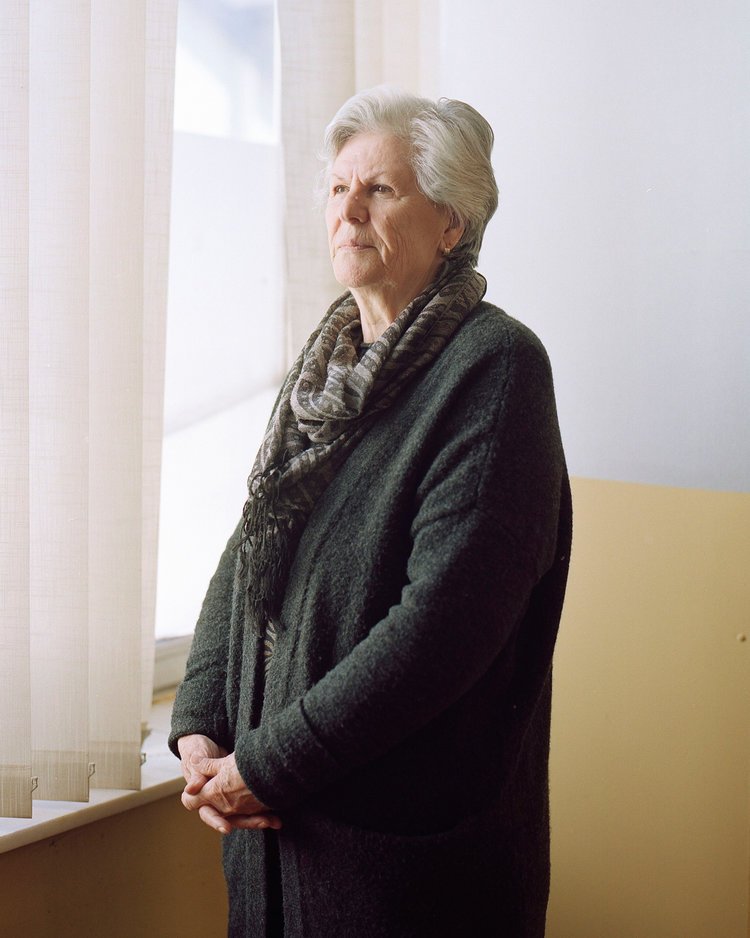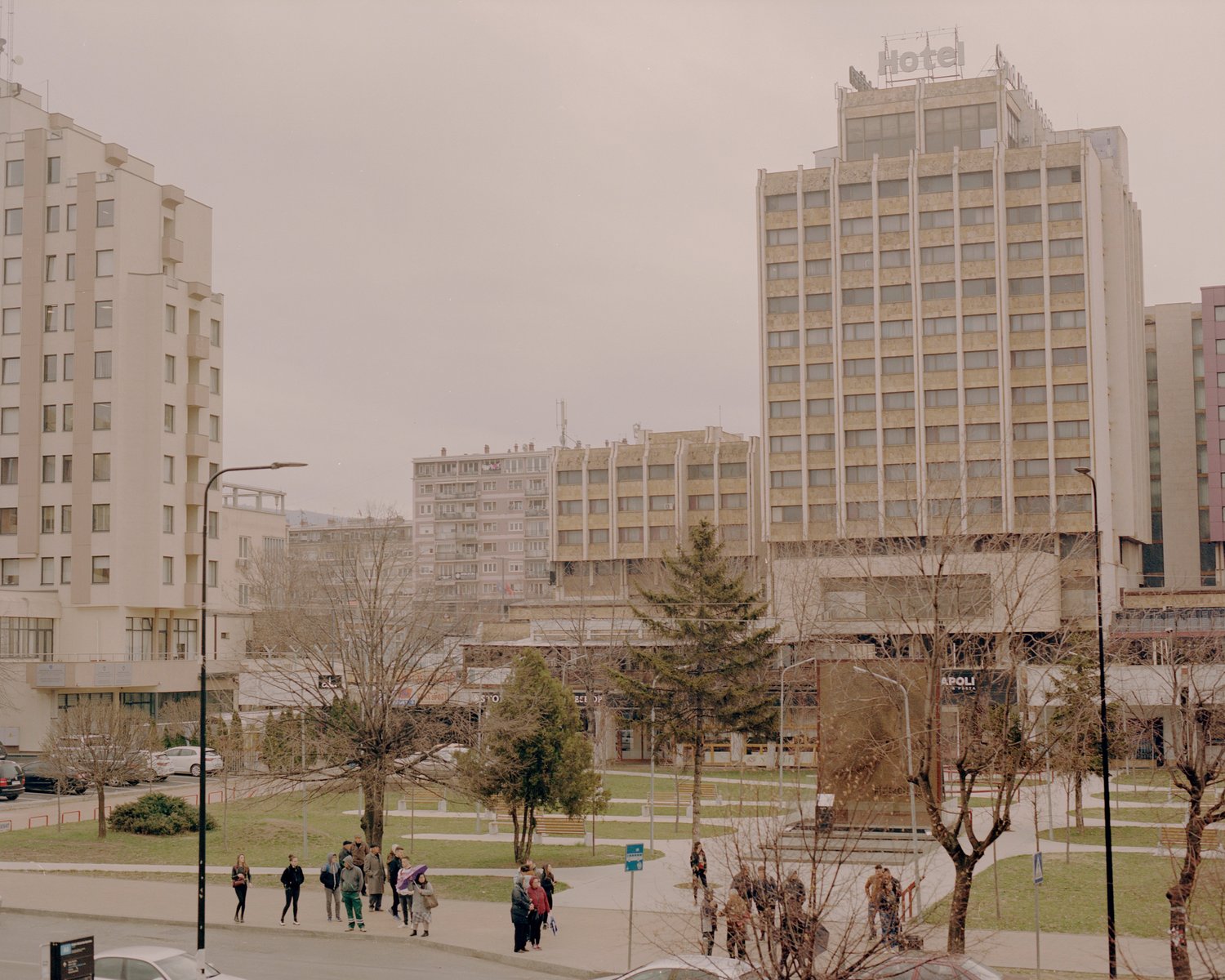Dead Sons Haunt a Fragile Piece of Europe
It’s been 20 years since NATO intervened in Kosovo and the conflict remains unresolved.
By Andrea Dudik for Bloomberg
26 Mar 2019
Nesrete Kumnova has spent the last two decades looking for the body of her only son. Twenty-two at the time and an aspiring pharmacist, Albion was snatched in his slippers on March 31, 1999, a week after NATO forces entered the war between ethnic Albanians and Serbs in the former Yugoslav province of Kosovo.
Her sister-in-law, Ferdonije Qerkezi, has kept much of her house unchanged for 20 years, trying to hang on to memories of her four dead sons and husband.
Her youngest, 14-year-old Edmond, wore navy Adidas sweatpants when he was killed by Serbs. She’s put those tattered pants, underwear and socks—the only things found on his buried body—on display in her unheated and lifeless living room in Gjakova, western Kosovo.


“Look at this house, it’s so ugly,” said Qerkezi, 65, surrounded by her boys’ wedding suits, toys and shoes that have been left untouched and covered by a thin plastic sheet. “So big and empty.”
For her and Kumnova, ethnic Albanians, the idea of closing a deal with the Serbs is appalling even though they co-existed in Gjakova for decades before the war. Locals say not a single Serb lives there now. Attempts by Serbs to visit are often foiled by protesters, including Kumnova, and young kids who have hurled eggs, ice or rocks at their buses.
“While we are here, they are not going to come,” said Kumnova. “Sometimes they say, what did we do? We show them the photos.”








